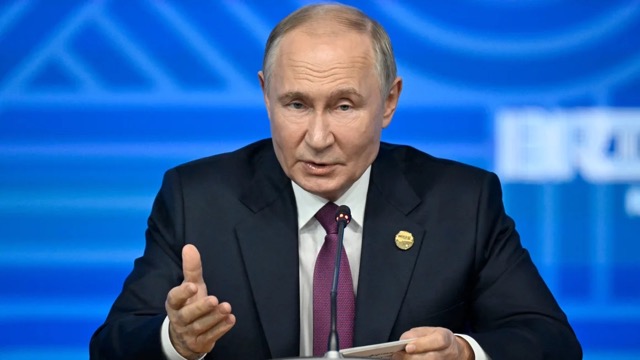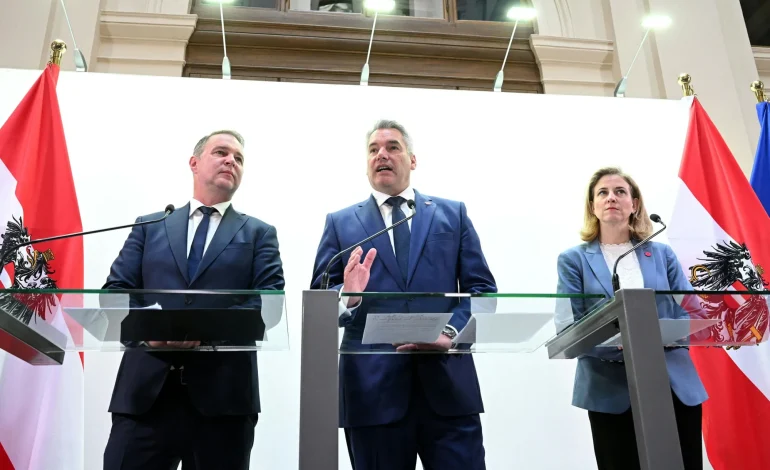Austria’s conservative People’s Party (ÖVP), the Social Democrats (SPÖ), and the liberal NEOS party have commenced formal negotiations to form a three-way coalition government, marking a significant political development following September’s elections, Bloomberg reports.
The move comes as a similar coalition arrangement recently collapsed in Germany, highlighting the challenges facing centrist parties across Europe.
Chancellor Karl Nehammer, leader of the ÖVP, announced the start of detailed policy discussions on Monday. While the far-right Freedom Party (FPÖ) secured the most seats in the election, its leader Herbert Kickl has failed to secure coalition partners, opening the door for Nehammer to remain Chancellor.
The prospective coalition’s program will reportedly focus on key areas: boosting Austria’s economic competitiveness, strengthening measures against illegal immigration, and enhancing social services and education. A dedicated negotiating team is also tasked with addressing Austria’s widening budget deficit, projected to reach 4.1% of GDP next year, according to the Fiscal Council.
This three-way alliance represents a stark contrast to the recent collapse of Germany’s coalition government, composed of Social Democrats, Greens, and the FDP. The Austrian centrist parties face the formidable task of winning over voters disillusioned by years of high inflation and pandemic restrictions.
Coalition negotiations in Austria are typically lengthy processes, often spanning months. While Nehammer expressed a desire for swift negotiations, he acknowledged the need for thorough discussions, suggesting the process could extend into the new year.
“We will aim to discuss as fast as possible, but as extensively as necessary,” Nehammer stated. “A broad alliance of the middle can provide the stability needed for change.”









